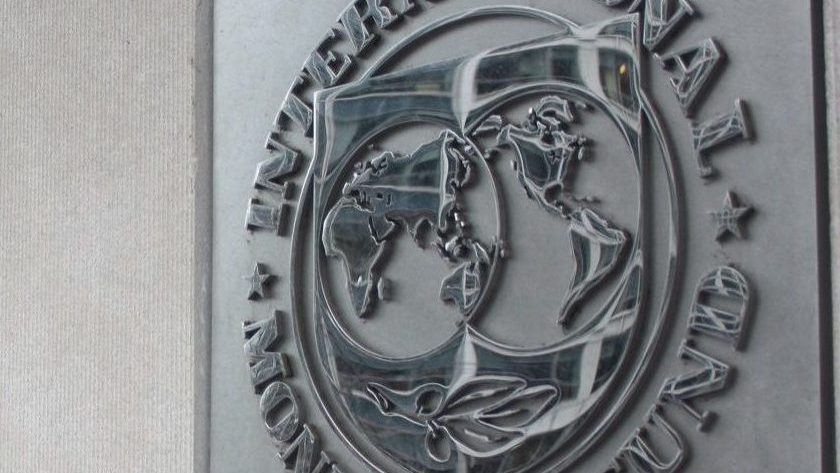Banks under pressure. DBRS leaves a warning to Portugal
Canadian agency warns that banks in Portugal, Italy and Spain have high levels of NPLs and high NPL ratios compared to other countries.
The European banking business will continue under strong pressure in 2021. Despite the expected economic recovery, the burden of non-performing loans will weigh heavily on the financial institutions in 2021, according to the Canadian rating agency DBRS, which points especially to countries like Portugal, Spain and Italy.
“The outlook for European banks remains challenging in 2021. We expect the revenue pressure banks faced in 2020 to continue in 2021,” says the DBRS report released this Thursday. “Given the tough revenue environment and low returns, reducing operating costs remain a clear priority, and the pressure to improve returns is likely to lead to further domestic consolidation in some countries.”
The pandemic generated a deep economic crisis, which has not yet materialised in a worsening of non-performing loans (NPLs) due to government support measures such as moratoria and credit lines with state guarantees. “Nonetheless, it is clear that loan losses will increase when government support ends. The trajectory of NPLs will remain a function of the length of economic restrictions, overall economic impact, as well as any additional support measures,” the agency warns.
The latest available data refers to the first nine months of 2020, and the DBRS analysis (which included 40 European banks, namely two Portuguese banks: Caixa Geral de Depósitos and BCP) indicates that there has already been an increase in NPL levels in Norway, Germany and the Netherlands mainly due to very low bases.
However, these are not the countries most at risk. “Banks in Portugal, Italy and Spain continued to reduce NPLs in 9M 2020, however, these countries still hold high levels of NPLs and have high NPL ratios relative to other European banks and above the average of the sample,” the agency notes. “There has been a large proportion of borrowers resuming payments after the end of the moratoria. But the capacity of borrowers to make payments depends on the economic shock experienced in each country.”
The beginning of 2021 arrived with new lockdowns in a number of European countries, including Portugal, so the economic impact of the pandemic is still uncertain. The extent of the restrictions will impact asset quality and the cost of risk in 2021.
“Capital levels remained solid in spite of weaker earnings. However, we expect the deterioration of asset quality in 2021 to trigger an increase in risk-weighted assets. In addition, internal capital generation could reduce given lower earnings and the resumption of dividends payment,” DBRS adds.


